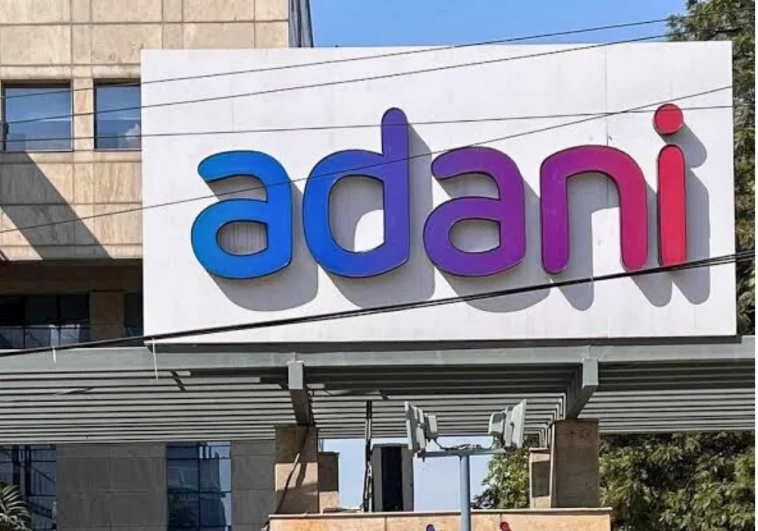Kenya’s government has given the green light to a significant power infrastructure proposal from Adani Energy Solutions, a subsidiary of India’s Adani Group. The $907 million project aims to construct transmission lines and substations in Eastern and Western Kenya, bolstering the country’s electricity distribution network.
Adani Energy Solutions, known for managing over 21,000km of power distribution lines, will undertake the construction of 371km of lines and five substations. This venture will be executed under a Public Private Partnership (PPP) framework, reflecting Kenya’s increasing reliance on private sector involvement in infrastructure development.
The Treasury’s draft Budget Policy Statement reveals that the project’s feasibility study was completed and approved in May 2024, paving the way for contract negotiations. This initiative is part of Kenya’s broader strategy to modernize its aging power distribution infrastructure, aiming to reduce energy losses and minimize frequent power outages.
Kenya’s shift towards PPPs for infrastructure projects stems from mounting debt concerns, which have limited the government’s ability to fund new developments in roads, power, railways, and airports. However, this approach has not been without controversy, with questions raised about the transparency of the process and the cost-effectiveness of certain projects.
The Adani power transmission project approval comes amid public debate over another deal involving the Adani Group. A separate agreement with Adani Airport Holdings to renovate and operate Jomo Kenyatta International Airport (JKIA) has sparked considerable public outcry. Initially, President William Ruto denied knowledge of the $1.85 billion JKIA concession, but the Kenya Airports Authority later confirmed its existence through newspaper advertisements.
Despite the controversy, Kenya has not withdrawn from the JKIA deal, which would grant the Adani Group’s hospitality arm a 30-year concession to operate the country’s primary airport. This situation has intensified scrutiny of Kenya’s infrastructure agreements with foreign entities.
For the Adani Group, these projects represent an opportunity to expand its infrastructure empire into new markets. The company’s founder, Gautam Adani, one of Asia’s wealthiest individuals, has been actively seeking growth opportunities following a period of corporate turmoil.
The Adani Group faced significant challenges in 2023 when Hindenburg Research accused the company of market manipulation and fraud. Although the company denied these allegations, the claims led to a massive $140 billion sell-off of Adani’s listed stocks. However, the company’s stock prices have since shown signs of recovery.
Recently, Adani Energy Solutions announced a successful equity sale, raising $1 billion with bids from US investors. This marks the company’s first major fundraising effort since the Hindenburg scandal, signaling a potential return of investor confidence.
The power transmission project in Kenya represents a significant step for both Adani Energy Solutions and Kenya’s infrastructure development plans. While it promises to improve the country’s electricity distribution capabilities, it also highlights the complex landscape of international infrastructure investments in developing nations.
As Kenya continues to seek private sector partnerships for its infrastructure needs, the outcomes of projects like this will likely shape future policies and public sentiment regarding foreign investment in critical national assets. The success or failure of these ventures could have far-reaching implications for Kenya’s economic development and its relationships with international investors.
 We just launched our WhatsApp channel. Want to get the latest news from the Tech in Africa?
We just launched our WhatsApp channel. Want to get the latest news from the Tech in Africa?



